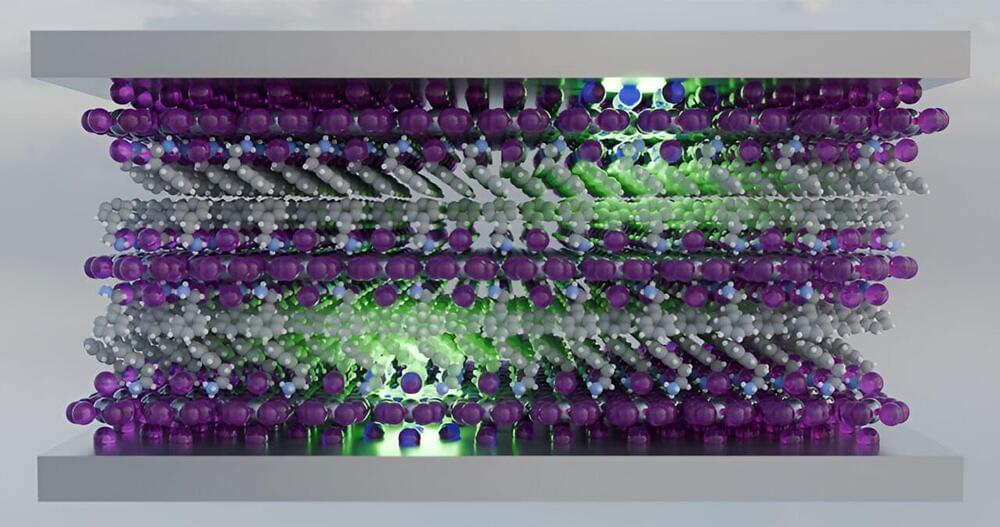More than 100 sustainable homes, also known as “living vessels,” are built into the earth in Taos, New Mexico, and are not connected to any water or electricity.
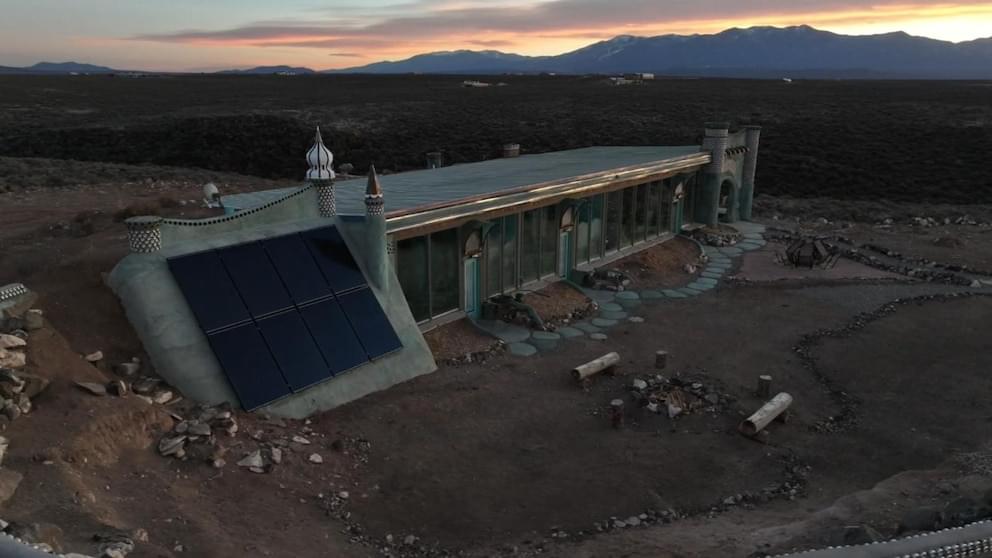

SpaceX is working towards the goal of landing both the super heavy booster and Starship on a drone ship in the ocean, which has the potential to revolutionize space travel and support their mission for greater sustainability and reusability Questions to inspire discussion What is SpaceX’s goal for landing the super heavy booster and Starship?
‘Earth Science to Action: How NASA connects space to village’ Learn from experts how NASA’s cutting-edge Earth observation and satellite technology is empowering communities worldwide to tackle climate change and natural disasters. This talk, organised by the SERVIR-HKH initiative at ICIMOD, features key speakers Dan Irwin (SERVIR Global Program Manager) and Ashutosh Limaye (SERVIR Chief Scientist) from NASA Marshall Space Flight Center. Learn how these advancements are bridging the gap between data and actionable insights for a thriving planet.
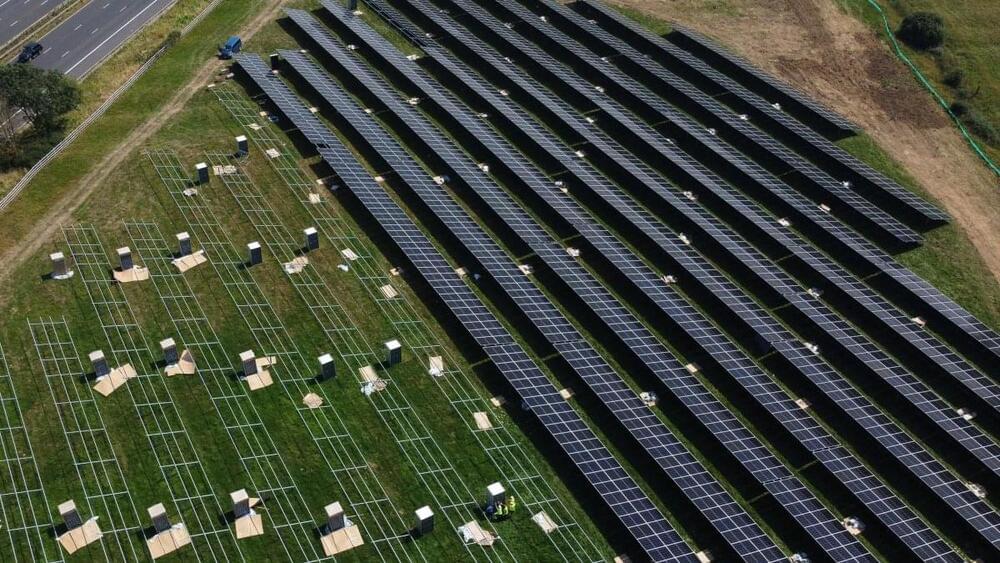
Solar opponents will have to figure out a new line of attack when perovskite solar cells suddenly plaster the world.
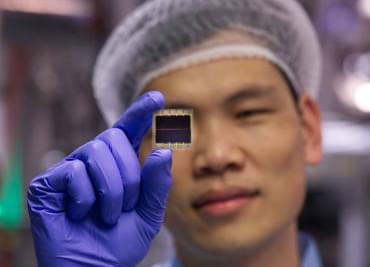
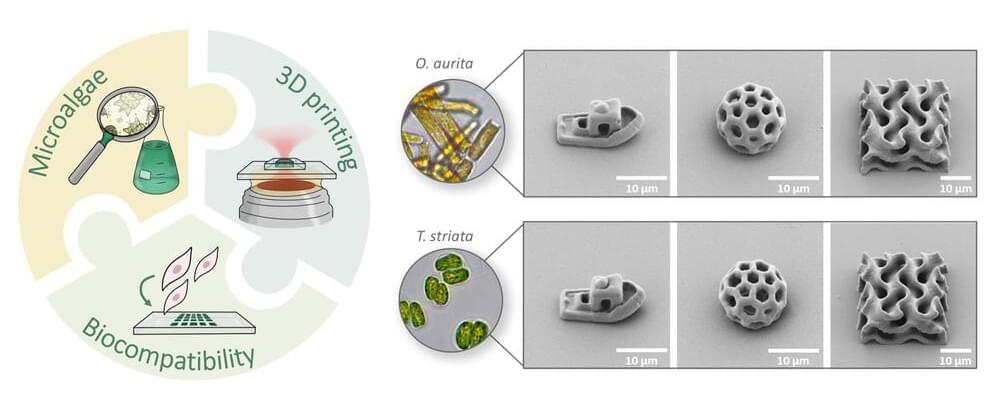
Microalgae such as the diatom Odontella aurita and the green alga Tetraselmis striata are especially suitable as “biofactories” for the production of sustainable materials for 3D laser printing due to their high content in lipids and photoactive pigments. An international research team led by Prof. Dr Eva Blasco, a scientist at the Institute for Molecular Systems Engineering and Advanced Materials (IMSEAM) of Heidelberg University, has succeeded for the first time in manufacturing inks for printing complex biocompatible 3D microstructures from the raw materials extracted from the microalgae. The microalgae-based materials could be used in future as the basis for implants or scaffolds for 3D cell cultures.
The research has been published in Advanced Materials (“Printing Green: Microalgae-Based Materials for 3D Printing with Light”).
A new ink system, based on the microalgae Odontella aurita and Tetraselmis striata, enables the manufacturing of complex 3D microstructures with high quality and precision. (Image: Clara Vazquez-Martel)
Using supercomputers and satellite imagery, the researchers showed our planet breathing.
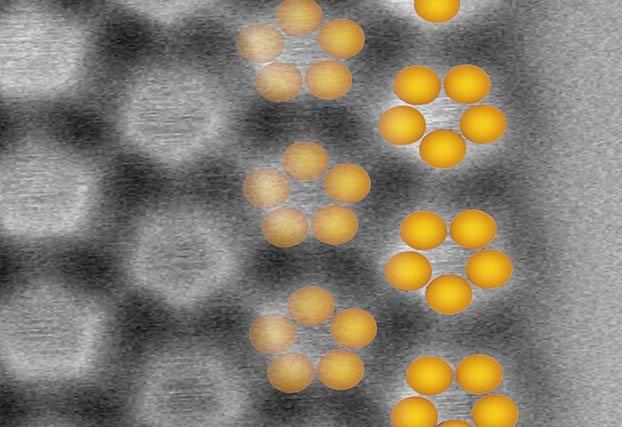
Phosphorus is an exciting element: It is essential for the survival of organisms and promises numerous electronic applications. With this in mind, researchers at the University of Basel have synthesized two-dimensional layers containing rings of five phosphorus atoms (phosphorus pentamers (cyclo-P5)) on a silver surface.
For the first time, they have been able to investigate their electronic properties using combined atomic force and scanning tunneling spectroscopy. They found that the atomic phosphorus pentamer layer retains its semiconductor properties and forms a special electronic interface where the layer joins the silver surface (p-type semiconductor-metal Schottky junction).
This shows that phosphorus pentamers on the silver surface fulfill a basic requirement for applications in field-effect transistors, diodes or solar cells, as recently reported by the research team in the scientific journal Nature Communications (“Probing charge redistribution at the interface of self-assembled cyclo-P5 pentamers on Ag(111)”).
